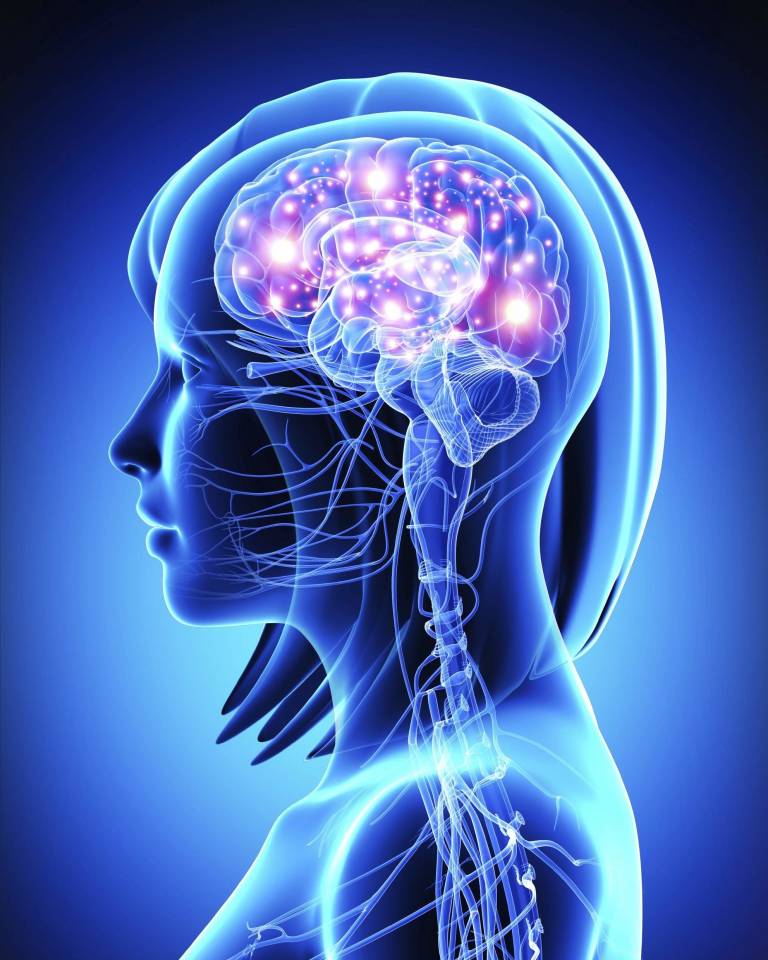Palaeoanthropologists suggest a hypothesis that may explain a key stimulus for the brain expansion of our hominin ancestors
12 April 2016
It is well accepted that a grade shift occurred in hominin evolution approximately 1.
 9 million years ago with the appearance of Homo erectus. With the challenges of complete terrestrial life, new cognitive abilities were selected for that allowed this species to thrive for the next million and a half years.
9 million years ago with the appearance of Homo erectus. With the challenges of complete terrestrial life, new cognitive abilities were selected for that allowed this species to thrive for the next million and a half years.
It has also long been recognized that there was a change in diet with the advent of Homo erectus, that is, a greater reliance on meat. However, the relationship between additional meat and the cognitive abilities of Homo erectus has mostly remained unclear. The present paper proposes that an increase in dietary meat protein and fats may have led to an increase in dopamine and dopaminergic systems, a critical chemical neurotransmitter in the brain. This purported change in dopaminergic systems may have played a key role in many of the traits and abilities exhibited by Homo erectus at that time, including increases in body and brain size, dispersion, and a greater aptitude for spatial and social cognitions.
Dopaminergic systems expansion and the advent of Homo erectus
Alicia M. DeLouize, Frederick L. Coolidge and Thomas Wynn
DOI:10.1016/j.quaint.2015.10.123
 Close
Close

